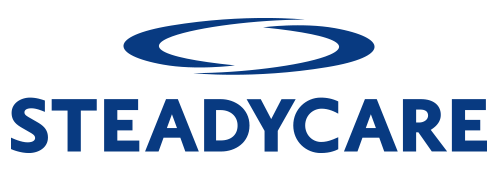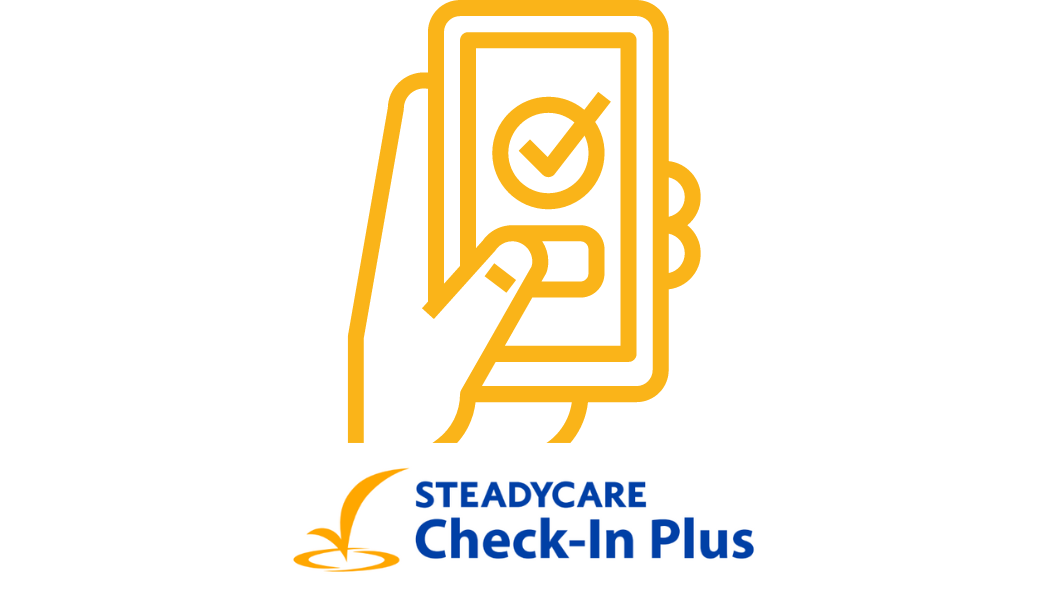Working the overnight shift can be a challenging experience for many individuals, and there are several safety considerations that must be taken into account. It is important to verify your presence, location, and awake status throughout the shift to ensure that you are alert and able to perform your duties safely. We’ve written about the circadian rhythm here, and some tips on staying awake here.
One of the most significant risks associated with overnight work is fatigue. When you work at night, your body’s natural circadian rhythms can be disrupted, leading to feelings of drowsiness and decreased alertness.
To combat the risks of fatigue and ensure that workers are alert and awake throughout their shifts, many employers require employees to periodically verify their presence, location, and awake status. This may involve periodic check-ins or other methods of verification with a platform like Check-In Plus.
There are several benefits to these types of verification systems. For one thing, they help to ensure that employees are present and accounted for throughout their shifts, which can be particularly important in jobs that require a high level of security or that involve working with vulnerable populations.
The need to verify your presence, location, and awake status during an overnight shift is an important safety consideration that should not be ignored. By requiring periodic check-ins you can help to reduce the risk of accidents and other safety incidents, while also protecting yourself and others from harm.
Ultimately, the key to successfully working an overnight shift is to be proactive and take steps to manage your fatigue and other safety risks. Whether this involves using a verification system to ensure that you are alert and awake throughout your shift, taking regular breaks to rest and recharge, or simply being mindful of your own limitations and taking steps to stay healthy and alert, there are many strategies that you can use to stay safe and successful when working at night.
By staying vigilant and making safety a top priority, you can ensure that you are able to perform your duties effectively, even in the most challenging of circumstances.

